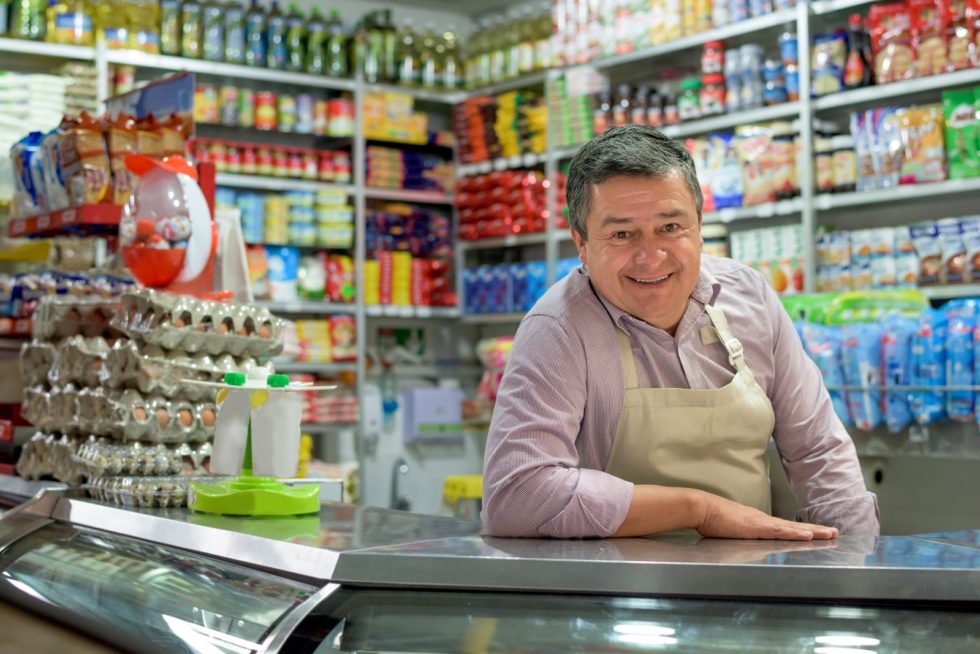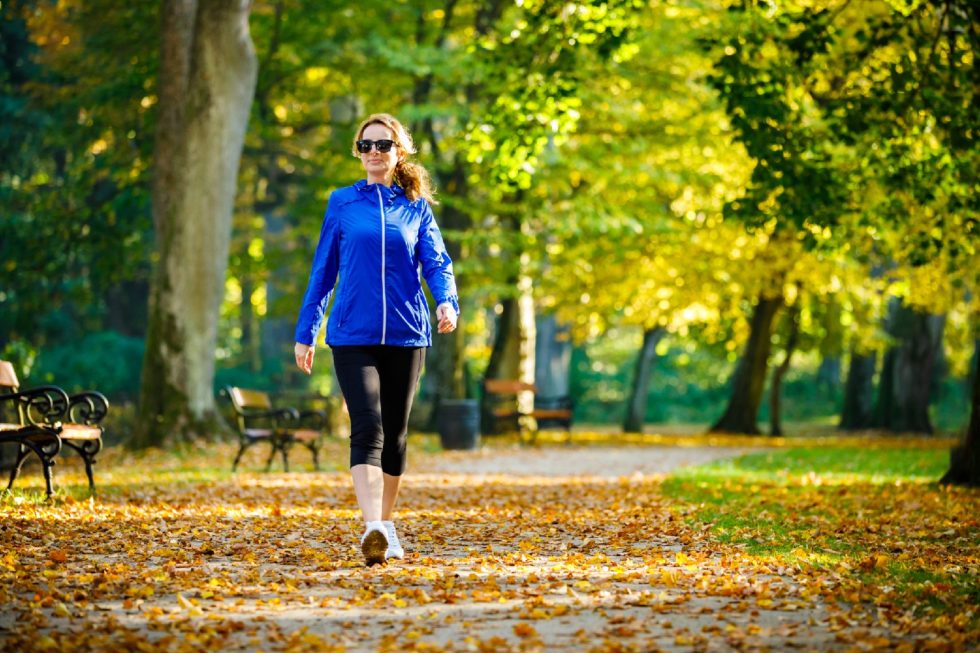Top 5 Ways to Reduce Vein Disease If You Work Retail
Author: StrideCare Internal Team

Tonya* has varicose veins on both her legs. To make matters worse, she works a retail job where she is usually standing 8 to 10 hours a day at the same station. She’s heard there are steps she can take to reduce vein disease and improve vein health, one of which is to get off her feet more.
Working a retail job like Tonya’s that requires you to stand most of the time can do a real number on your legs and feet, especially if you’re suffering from varicose veins. According to a National Institutes of Health study, prolonged standing in the workplace may lead to the development or vein disease or aggravation of chronic venous insufficiency. While there’s no definitive connection, most professionals agree that standing or sitting for too long isn’t ideal for your vein health.
How to Improve Vein Health
- Keep Moving
When you are moving around, the muscles in your legs flex and relax, which promotes increased blood flow throughout your body and in the veins in your lower extremities. Granted, you are still on your feet but by moving around and not staying rooted in one place for too long, you have a better chance of improving vein health.

- Rest Your Legs as Much as You Can
Every so often (about once every two hours), sit down and elevate your legs. This can be accomplished on a quick respite in the break room or at lunch. Ideally, you should raise your legs higher than your heart to allow for blood flow and fluid to stop pooling in the veins and ultimately cause unnecessary swelling. If you can’t elevate your legs, massage them. If you are forced to stand, incorporate the following exercises and basic movements to prevent vein disease and varicose veins.
- Wiggle your toes
- Stretch your ankles and calves
- Peddle your feet
- Bend your knees
- Wear Low-Heeled Shoes Instead of High Heels
One of the best ways to improve vein health even if you work retail is to avoid high heels. High heels change your natural walking motion by altering the calf pump, which is supposed to propel the blood to the deep veins and up to the heart. This can result in varicose veins. Low-heeled shoes provide your feet with better support. Heels that are 2 inches or lower are best. You can also get insoles that support your heels and the balls of your feet for extra support.
- Use Compression Stockings
Your doctor may prescribe compression stockings for you to wear when you’re at work. These compression stockings will help to massage your calf muscles and encourage better blood flow to help alleviate varicose vein symptoms. You can get compression stockings at most drug stores, or your doctor may prescribe you specific medical-grade stockings.
- Exercise
While you won’t be able to exercise while working a retail job, it’s definitely something you can incorporate into your lifestyle outside of work. Walking and swimming are the best exercises if you’re dealing with deep vein thrombosis, varicose veins, and chronic venous insufficiency. Walking helps the blood to circulate and reduce swelling, and swimming takes the pressure of gravity off the body to allow the muscles and veins to rest and circulate blood and fluids more easily.

How to Know if You Have Vein Disease
The first thing to realize is that anyone can develop vein disease. According to the Society for Vascular Surgery, it is a common condition that affects roughly 25% of men and women in the United States.
One of the first steps to identifying vein disease is to recognize the signs. Do you have any of these symptoms in your legs?
- Tiredness
- Swelling
- Achiness
- Heaviness
- Pain
- Numbness
- Throbbing
- Itching
- Cramping
- Restless legs
For many people, twisted, bulging varicose veins seen and felt under the skin and are more of a cosmetic concern. For others, varicose veins affect their quality of life and, if left untreated, can lead to vein disease with more serious complications.
Schedule an Appointment with StrideCare
StrideCare has long been a leader in performing leading-edge procedures to treat vein disease such as varicose veins, as well as spider vein treatment, chronic venous insufficiency (CVI), restless leg syndrome, chronic pelvic pain, pelvic congestion syndrome, May-Thurner Syndrome and more—all the while providing compassionate patient care. StrideCare physicians are board certified diagnostic radiologists with additional fellowship training in vascular and interventional radiology.
Prior to starting any new treatment or questions regarding a medical condition, always seek the advice of your doctor or other qualified health provider. This information is not a substitute for professional medical advice.
StrideCare serves the South Texas area including Houston, San Antonio, Austin, Round Rock, Bastrop, Brushy Creek, Cedar Park, Converse, Georgetown, Hutto, Kyle, Leander, Marble Falls, New Braunfels, Pasadena, Pearland, Pflugerville, San Marcos, Schertz, Houston, Sugar Land, Katy, Webster, Bay City, Clear Lake, Lake Jackson, The Woodlands, Universal City, Spring, Kingwood, Stafford, Conroe, Texas City, Cypress, League City, Bellaire, and more.
*Patient stories are true. Names and/or photos may be changed to protect patient confidentiality.


